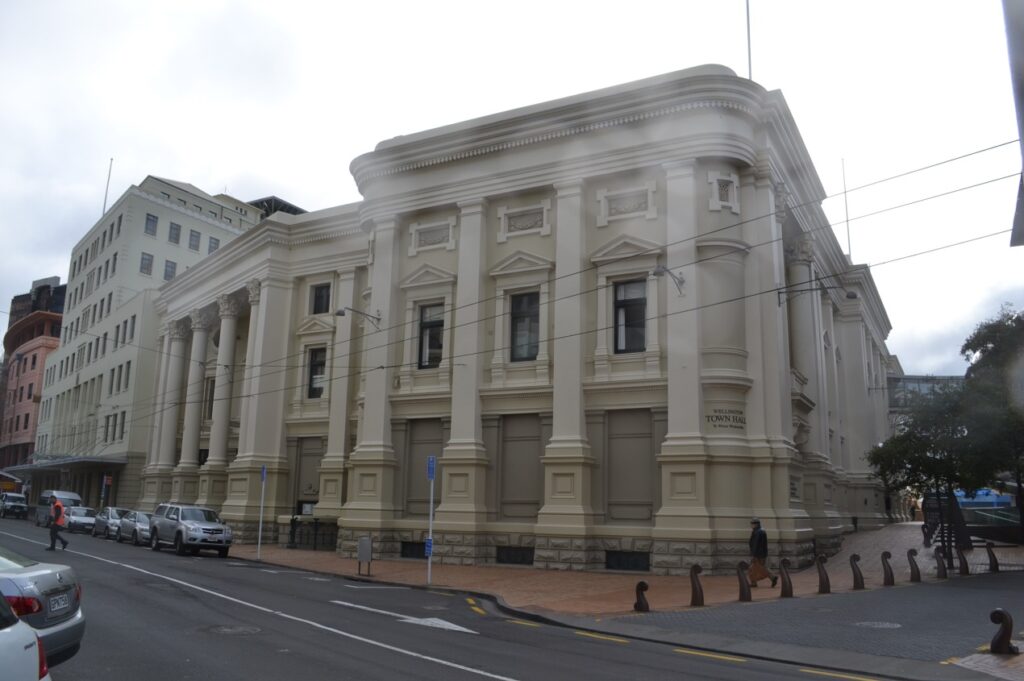Our history
Parents Centre Aotearoa began with a movement of parents in the 1950s, supported by academics and medical practitioners, who believed that parents should have more involvement in decisions about pregnancy and childbirth. They believed the way to do that was to provide the information and education parents needed to be able to make those decisions.

Background
In 1921, New Zealand had the second highest maternal mortality rate in the Western world, largely due to bacteria on hands and equipment causing puerperal sepsis. “New procedures emphasising absolute sterility led to birth becoming a medical event managed by doctors in hospitals.” [1]
By 1950, Pākehā women who had been giving birth at home, and Māori women who had been doing so in their villages, were giving birth in hospitals in large numbers, and decisions were made almost entirely by doctors. Many people believed that this period from 1920 to 1950 had seen the medicalisation of childbirth go too far, and that while medical procedures had saved many women and babies, not all births required intervention. Women and babies, they argued, were missing out on the advantages of giving birth at home such as immediate connection with their baby.
A different way
Helen Brew was one of these people who believed women should be given choices about pain relief, information about natural birthing techniques, and the opportunity to have a say in how their baby was born.
“The case [Helen] would present was simply that women be allowed to choose the manner in which they brought their babies into the world, to choose to be conscious at the moment of birth if they wished, to take their babies into their arms, unwashed, if they wished, to have them by their bedside and feed them on demand. And, if they wanted to, husbands should be allowed to give comfort and support to their wives in labour.”
From the trouble with women, by mary dobbie
While these ideas don’t seem particularly controversial now, in 1940s and 1950s New Zealand, many in the medical establishment were disparaging of such radical discussions about a topic that was clearly the domain of doctors.
Information and education
Buoyed by new medical research and ideas about natural childbirth, and growing awareness of maternal mental health, a group of committed parents and childbirth experts proposed an ‘information centre’. The centre would provide pregnancy and childbirth information to parents so they could have greater understanding of the childbirth process. Parents Centre was created in June 1952 – the word ‘parents’ specifically chosen as the group were committed to advocating for the involvement of fathers as well as mothers, a concept that was not obvious to everyone in 1950s Aotearoa New Zealand!
The group had been hosting breathing and information workshops at Helen Brew’s home and in August 1952 the first Parents Centre mothers’ class was held at the YWCA in Wellington.
Raising awareness
Parents Centre was becoming acknowledged and known for its important work disseminating important and accurate health information in the community. Parents wrote newsletters to raise awareness of the new research and ways of doing things – relaxation techniques, rooming in, demand feeding and other ideas. Meetings and conferences were held to share these ideas from local experts as well as ideas from medical professionals overseas.
In Auckland, an obstetrician was one of the driving forces behind supporting a group of local mothers to create a Parents Centre; in other centres, specialists in psychology, psychiatry, physiotherapy, speech therapy and education added their voices of support to the aims of Parents Centre based on their own work and experiences.
Getting creative
The need to raise awareness about the work of Parents Centre led to some inventive thinking. A performance called ‘Mum’s the Word’ involving such luminaries as Bruce Mason and Dame Pat Evison was performed at the Wellington Town Hall in 1957. The “wildly funny spoof of the kind of treatment meted out to expectant parents” was set in the fictious Peacehaven Maternity Home.
With the new Prime Minister Walter Nash in attendance, the actors performed scenes with “baby bundles, dealt out in football passes to each mother,” for the mothers to feed and wind, while “the military sister controlled all moves with a starting pistol”!

The importance of informed choice
While the Parents Centre movement was precipitated by a push-back against medicalisation, it was always acknowledged that medical intervention was sometimes necessary. Advocates were very clear that women were to be ‘prepared and informed’ for whatever was to come, including anaesthesia. “It is a possibility that all women should feel prepared for, so that they will never feel disappointed or guilty in its eventuality.”
The information on this page has been taken from Mary Dobbie’s book, The Trouble with Women: The story of Parents Centre New Zealand published in 1990.
[1] Childbirth, 19th century to 1950s – Te Ara Encyclopedia of New Zealand